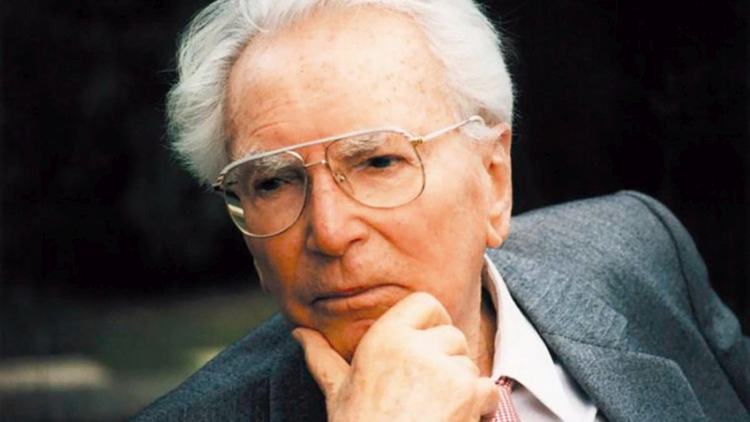Healing Through Meaning

Viktor E. Frankl, MD, PhD was a Holocaust survivor. He, therefore, knew a thing or two about suffering. During his life, as a neurologist, a psychiatrist, and an existential therapist, he searched for ways to overcome his suffering and found a solution in the notion of meaning.
Viktor E. Frankl (pictured) argued that our suffering, which is inherent to human experience, can be transcended if we will to find meaning within it. That is to say, at the moment we create personal stories of grief, which engender newfound purpose from our pain, we are healed: and suffering ‘ceases to be suffering’. Frankl’s ‘will to meaning’ was inspired by Søren Kierkegaard’s philosophy and opposed Friedrich Nietzsche’s ‘will to power’ and Sigmund Freud’s ‘will to pleasure’ as fundamental human drives.
According to Frankl, then, our main motivation is to find meaning, however miserable suffering seems to be to us at its lowest. For life can have meaning in all circumstances; and since we are free to search for it, we should. He said:
But is this wishful thinking which underestimates misfortune and injustice? Or, in forging stories to create new goals, can we, indeed, use suffering to our strength?
